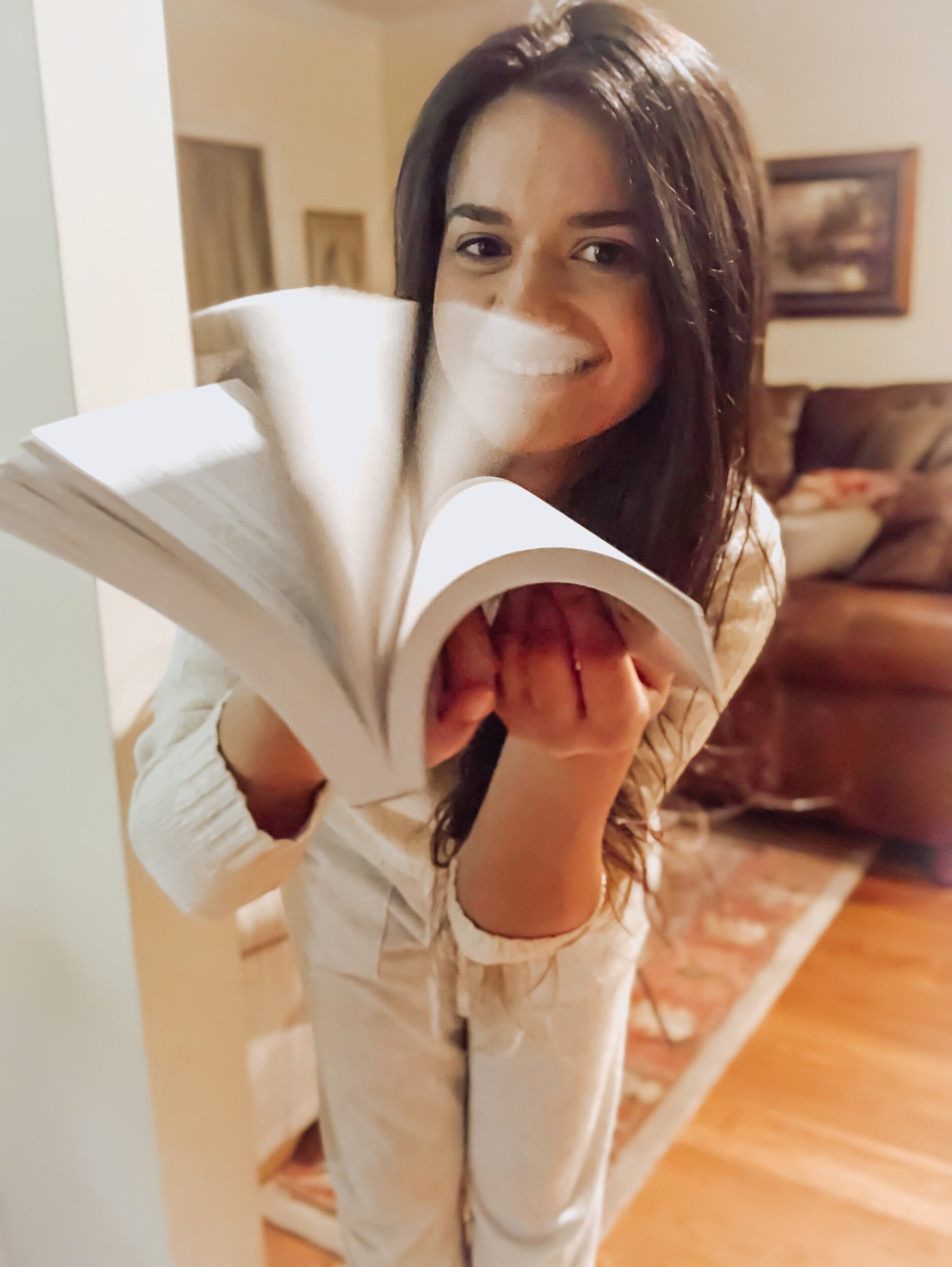The Forest of Vanishing Stars- Kristin Harmel
Yona has known nothing of a life outside of the forest since the age of two when she was kidnapped from her wealthy German parents. At the age of 20, she finds herself truly alone after her only companion and captor, Jerusza, an elderly woman whom had the knowledge of the forest surging through her veins. Before she passed, Jerusza made sure Yona was well-equipped with a vast wealth of knowledge including speaking multiple languages, knowing how to survive in the wilderness, and even multiple ways to kill a man in order for her to fulfill a destiny Yona knew nothing about.
One day Yona’s simple, solitary life is torn out from under her when she stumbles upon a group of Jewish refugees. She is astonished to learn what was happening in the world outside her woods, a world of senseless, cruel persecution led by the Nazis. It becomes apparent that Yona must help this group if they are to stand any chance of surviving the elements outside of their realm of familiarity.
After a lifetime of solitude, Yona is suddenly immersed into the group in which she has found a family. However, betrayal leads her to flee and cross fates with her German blood truly testing the power of blood versus water and finding her place in the world.
This book was absolutely captivating from the start and I stayed up two nights until 4 AM just binging away. If you’ve been following me for a while, you know I love my WWII novels. They tell some of the greatest stories of survival. In The Forest of Vanishing Stars, the upmost resilience is needed to survive off the land in already relentless world. As a lover of nature and its gifts, I adored that the heroine of this story was truly a daughter of the forest who used her vast knowledge to conceal, protect, and nourish a large group of refugees.
Harmel’s extensive research is always evident in her writing. She is an expert storyteller and master of evoking deep emotions.
WWII novels have never felt more integral than they do now. In a pandemic, we find ourselves clinging to strings of hope. That kind of fortitude and perseverance can always be found in these stories. It can feel impossible to make sense amongst so many needless deaths, leaving us feeling broken.
“It’s in the cracks in us that make us who we are…When a linden tree broke, it often grew back, stronger and more beautiful in its damaged places. What if the same was true for man?” pg 271
I know in this community, books often serve as the best harbingers of hope; that in spite of how dark our world is now, light will shine again.

